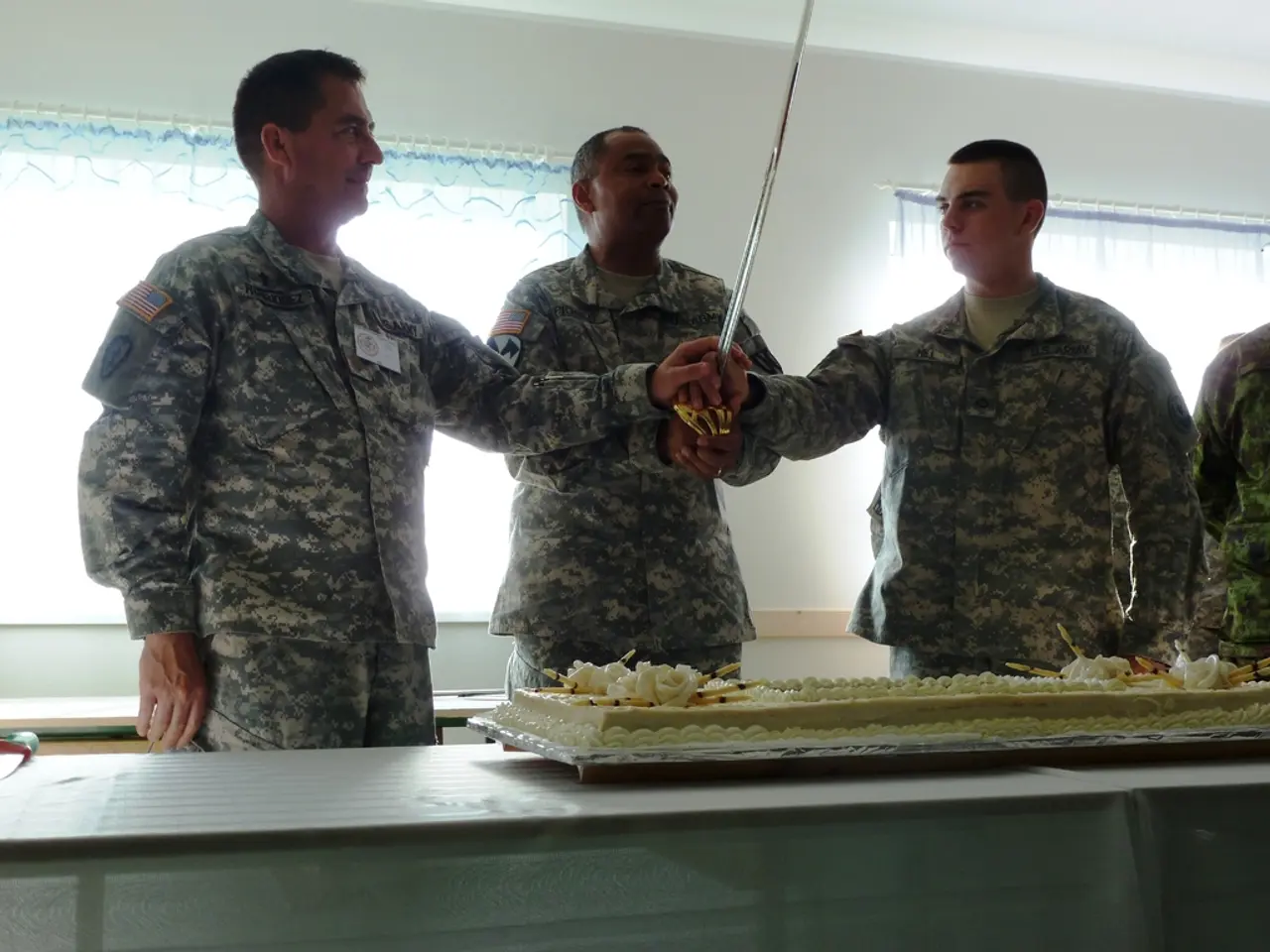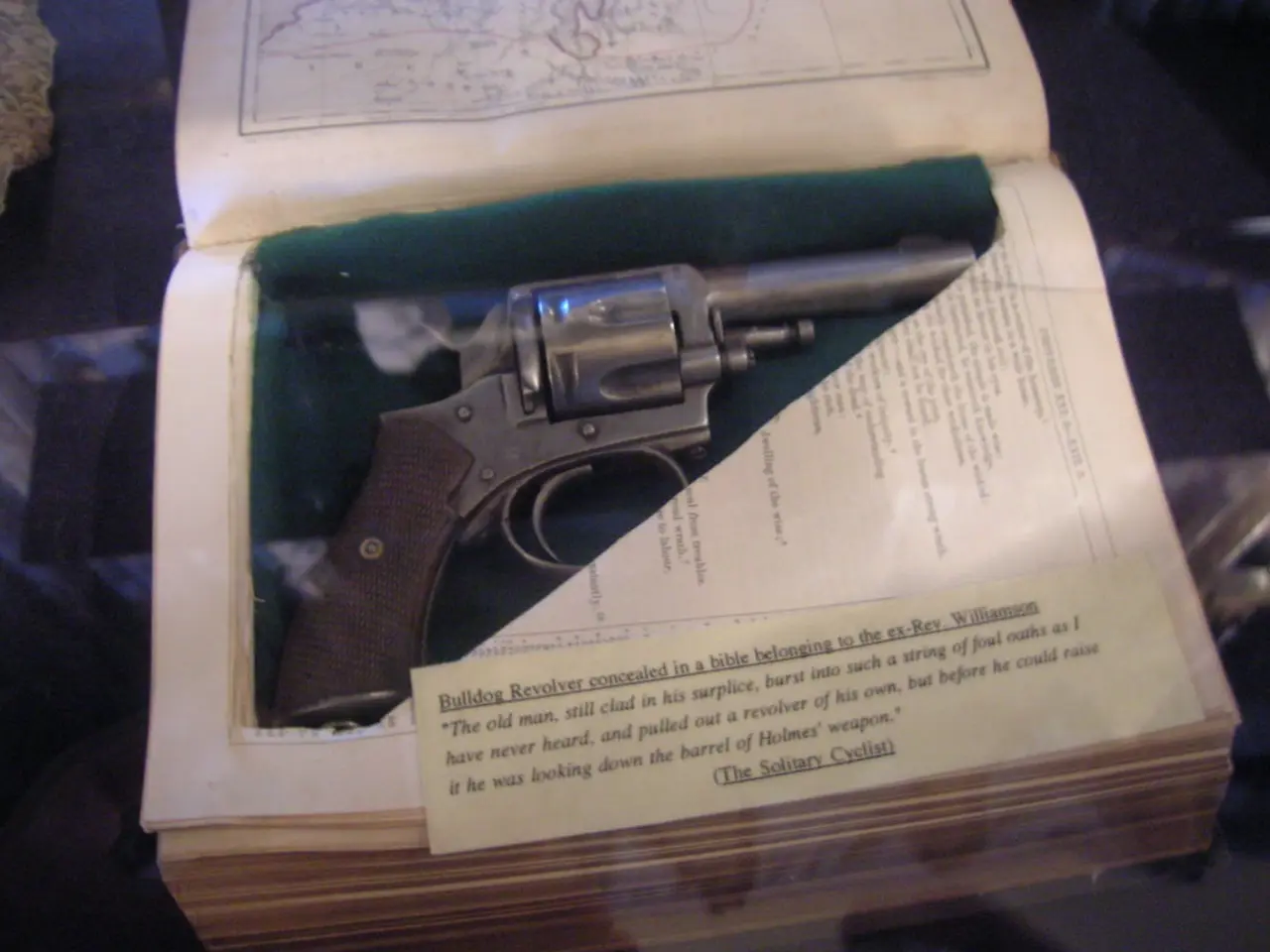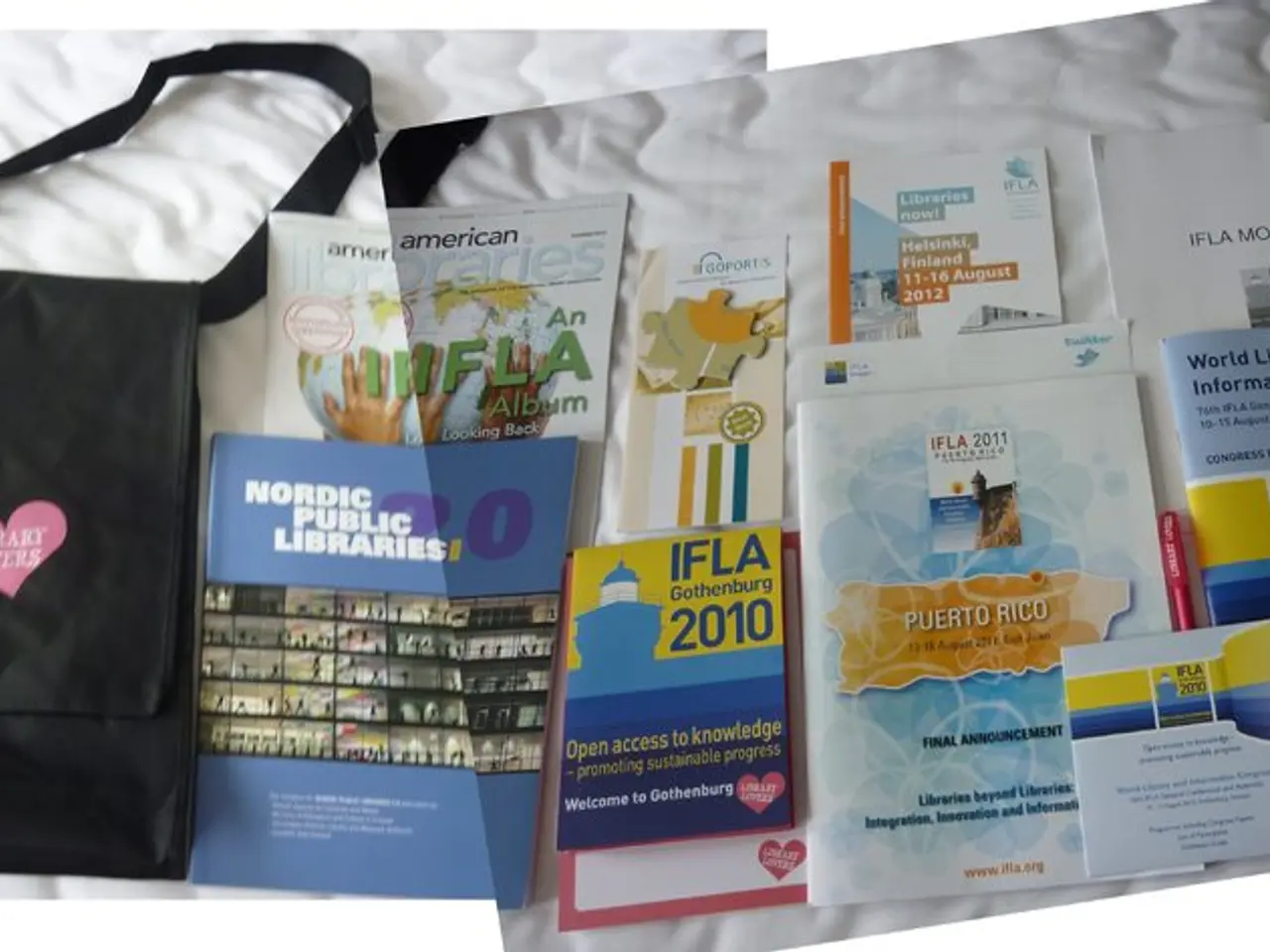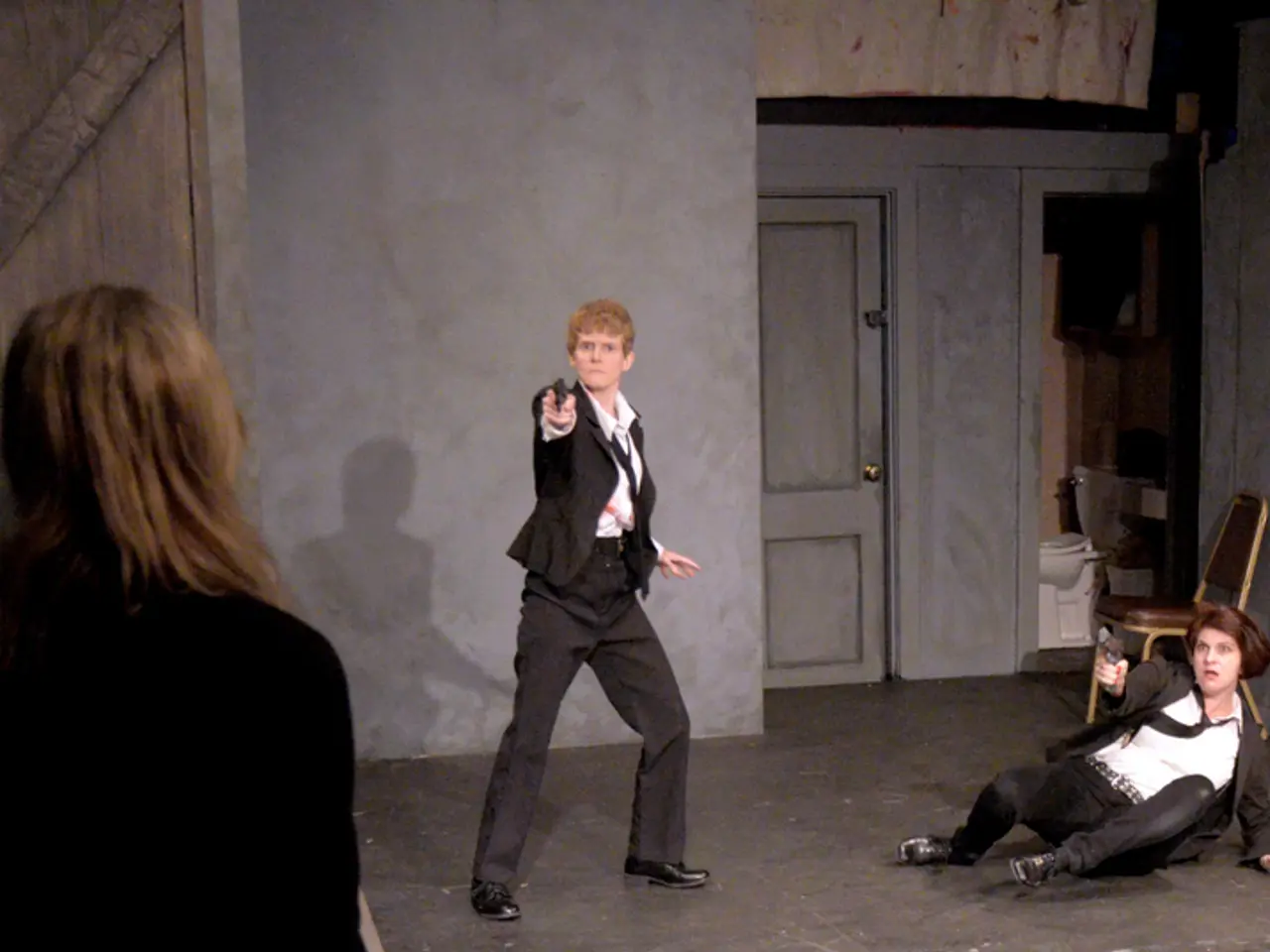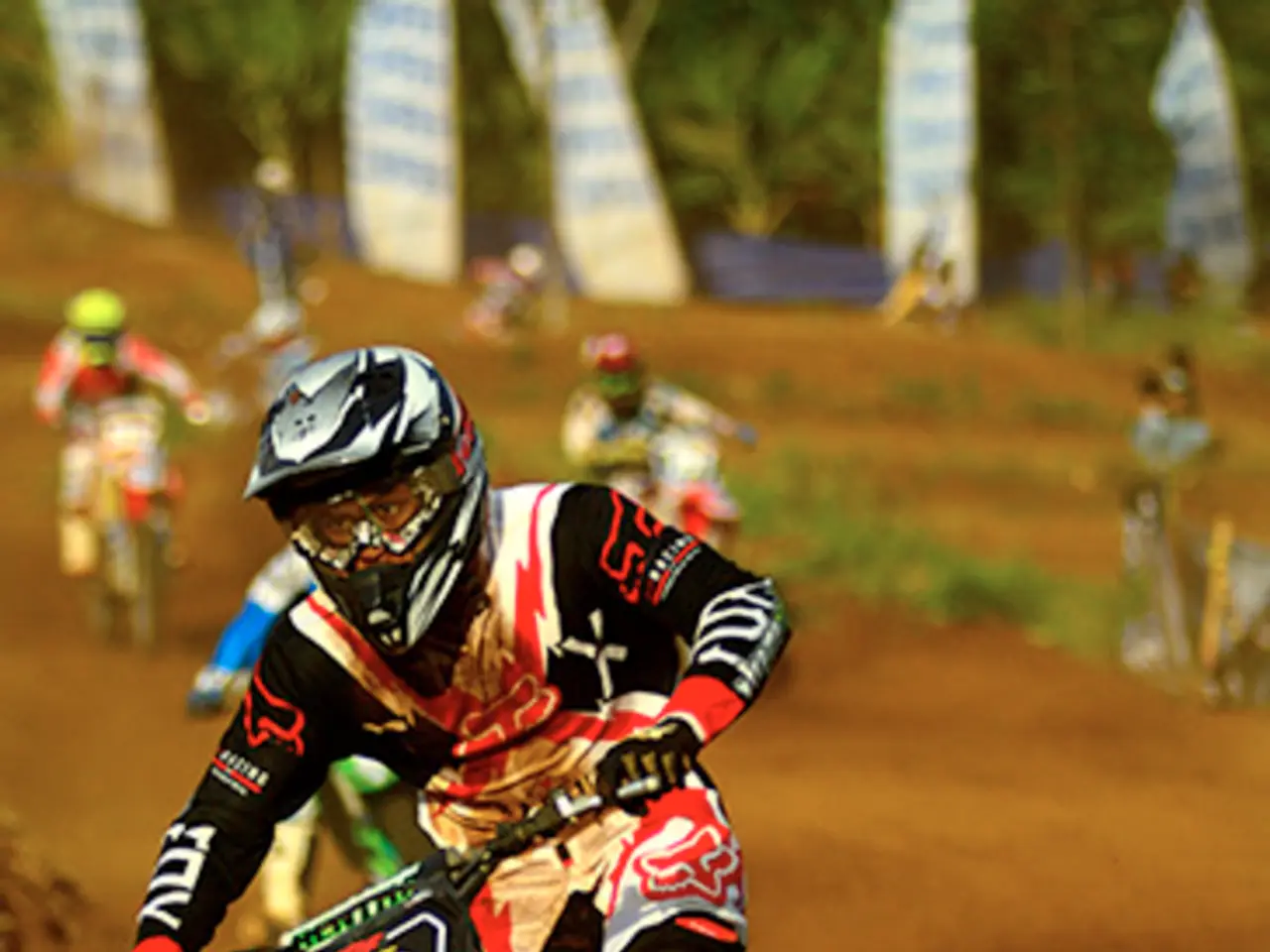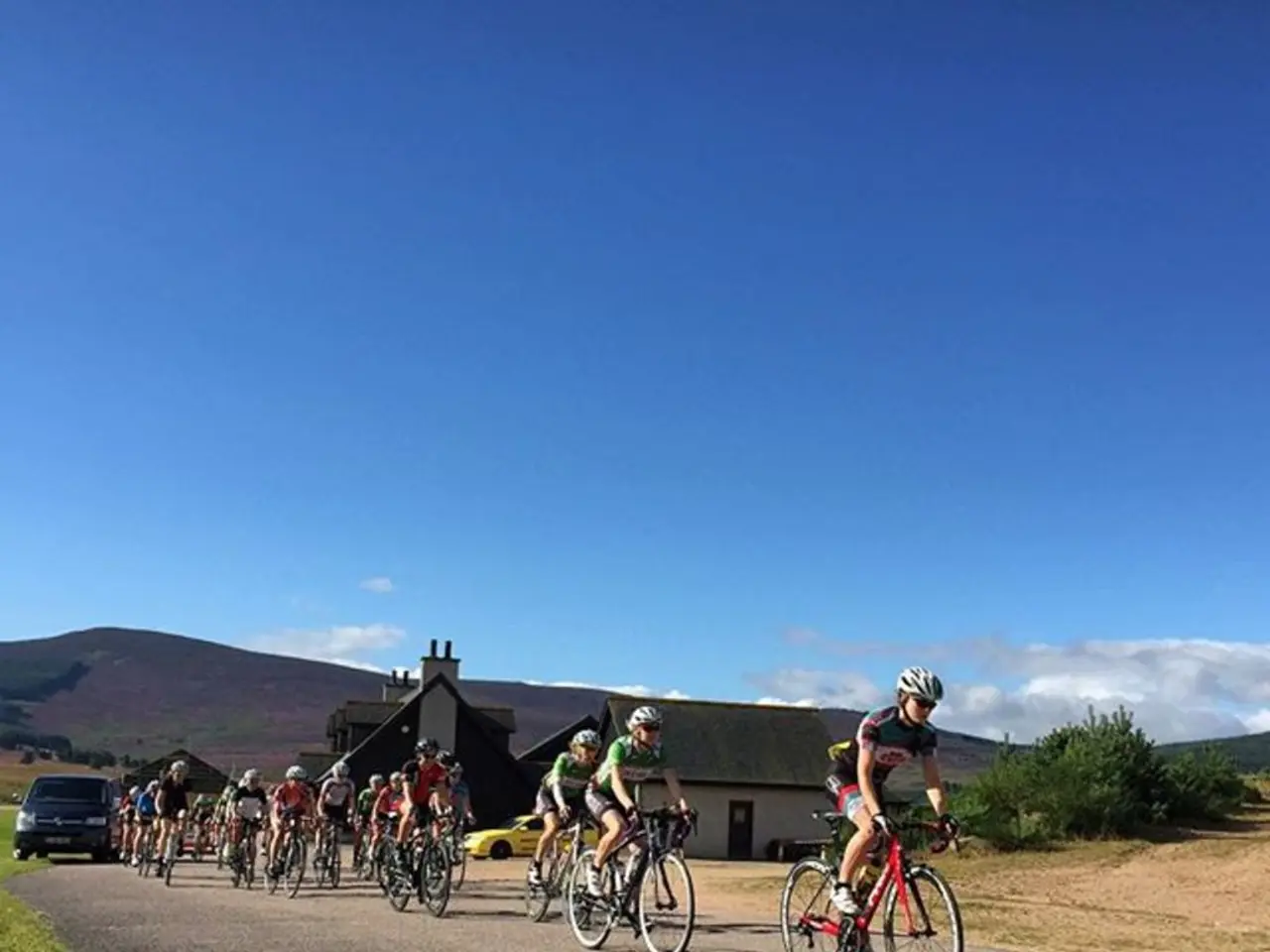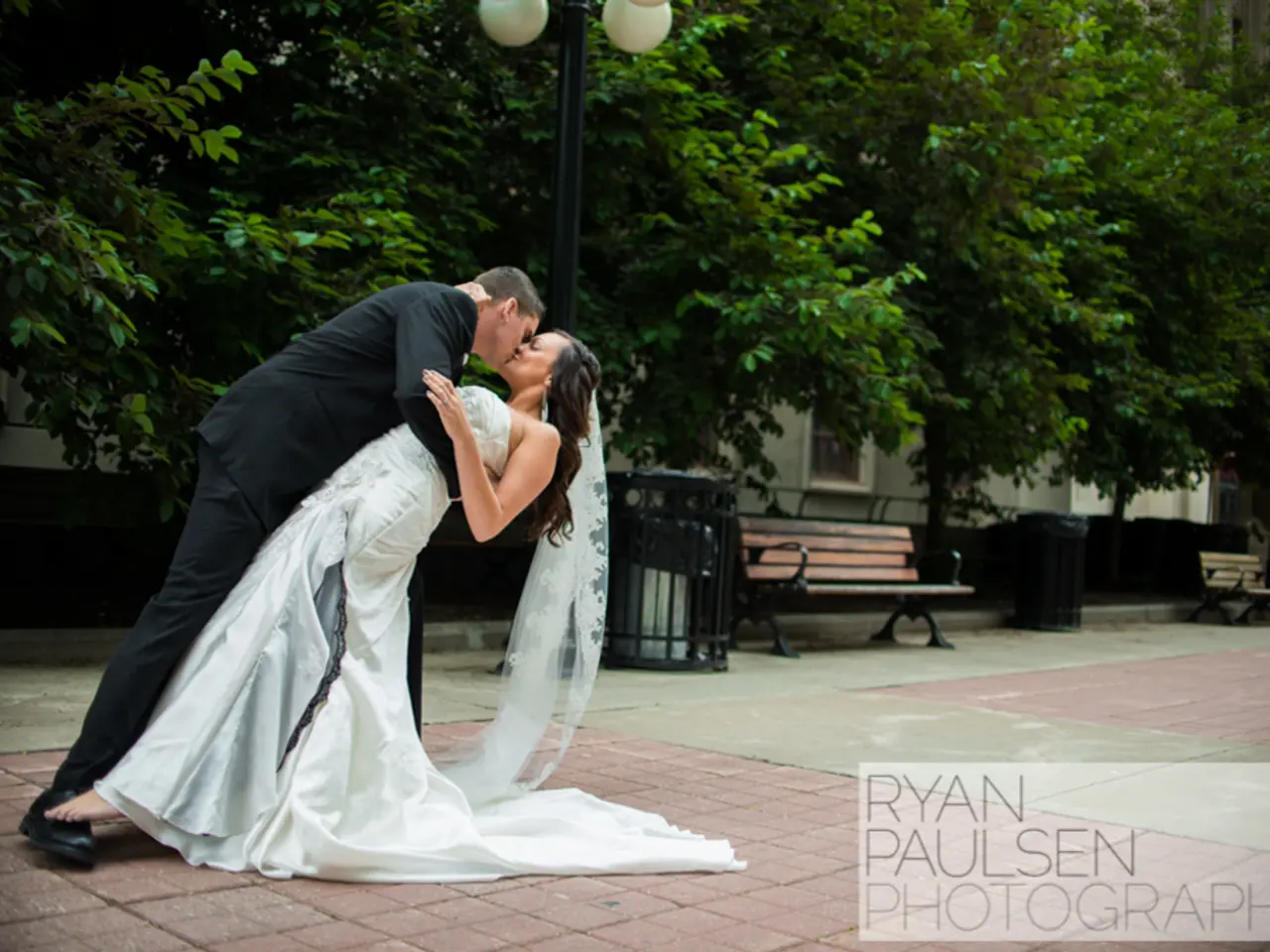Peace restored in DR Congo after M23 captures Bukavu, signaling a period of tranquility.
In early 2025, the city of Bukavu, the capital of South Kivu province in the Democratic Republic of the Congo (DRC), fell under the control of the M23 rebel group and Rwandan soldiers. This incursion from North Kivu province marked a significant shift in regional power dynamics, as the city's capture was part of a broader campaign that included prior captures of key cities such as Goma [2].
The takeover was accompanied by severe human rights abuses, including looting, forced recruitment, sexual violence, and killings [1]. The M23 and their allied Rwandan forces exploited displaced persons' assets and imposed harsh control over the population they dominated. This resulted in the displacement of many people, who were forced to relocate from camps like Kanyaruchinya to Mugunga [1].
The capture of Bukavu forced the South Kivu provincial government to relocate to Uvira, the second-largest city in the province, as the military and civilian authority fled Bukavu [5]. This upheaval intensified regional instability, weakening the DRC’s national army (FARDC) capacity to maneuver in South Kivu and increasing threats to neighbouring countries such as Burundi due to the rebel presence near key transportation hubs [5].
Before the city's capture, the airport of Kavumu, about 30 km away, was taken [6]. The M23 and Rwandan soldiers entered Bukavu via National Road No. 2, connecting the city to Kavumu [7]. There was a general opinion that allowing the militiamen to enter Bukavu was necessary to avoid a repeat of the Goma tragedy [8]. Some residents welcomed the entering soldiers with cheers, possibly out of fear and relief, while others expressed concern about the lack of guidance from the authorities during the crisis [9].
Archbishop François-Xavier Maroy Rusengo appealed to spare Bukavu from the fate of Goma [3]. However, on Friday, February 14, and Saturday, February 15, there was shooting and looting in the city [4]. The FARDC soldiers left the city and abandoned weapons and ammunition, which were taken by a disoriented group of youth, including children [5]. Civil society turned to the authorities for guidance, but received none [9].
In summary, Bukavu’s capture by M23 and Rwandan soldiers resulted in rebel control marked by administrative changes, human rights violations, displacement of populations, and heightened insecurity in South Kivu and the Great Lakes region [1][2][5]. Despite Rwanda officially denying direct military involvement, credible reports and UN documentation identified the presence of Rwandan Defense Forces fighting alongside M23 during these offensives [3][4]. The ongoing conflict episodes continue to pose significant challenges to the stability and security of the region.
- The political landscape of the Democratic Republic of the Congo was significantly affected by the war-and-conflicts in South Kivu province, as evidenced by the capture of Bukavu by the M23 rebel group and Rwandan soldiers.
- The general-news landscape was filled with reports of human rights abuses, displacement of populations, and increased instability following the takeover of Bukavu by the M23 rebels and their allies, particularly regarding the violence, looting, and lack of guidance from authorities during the crisis.
